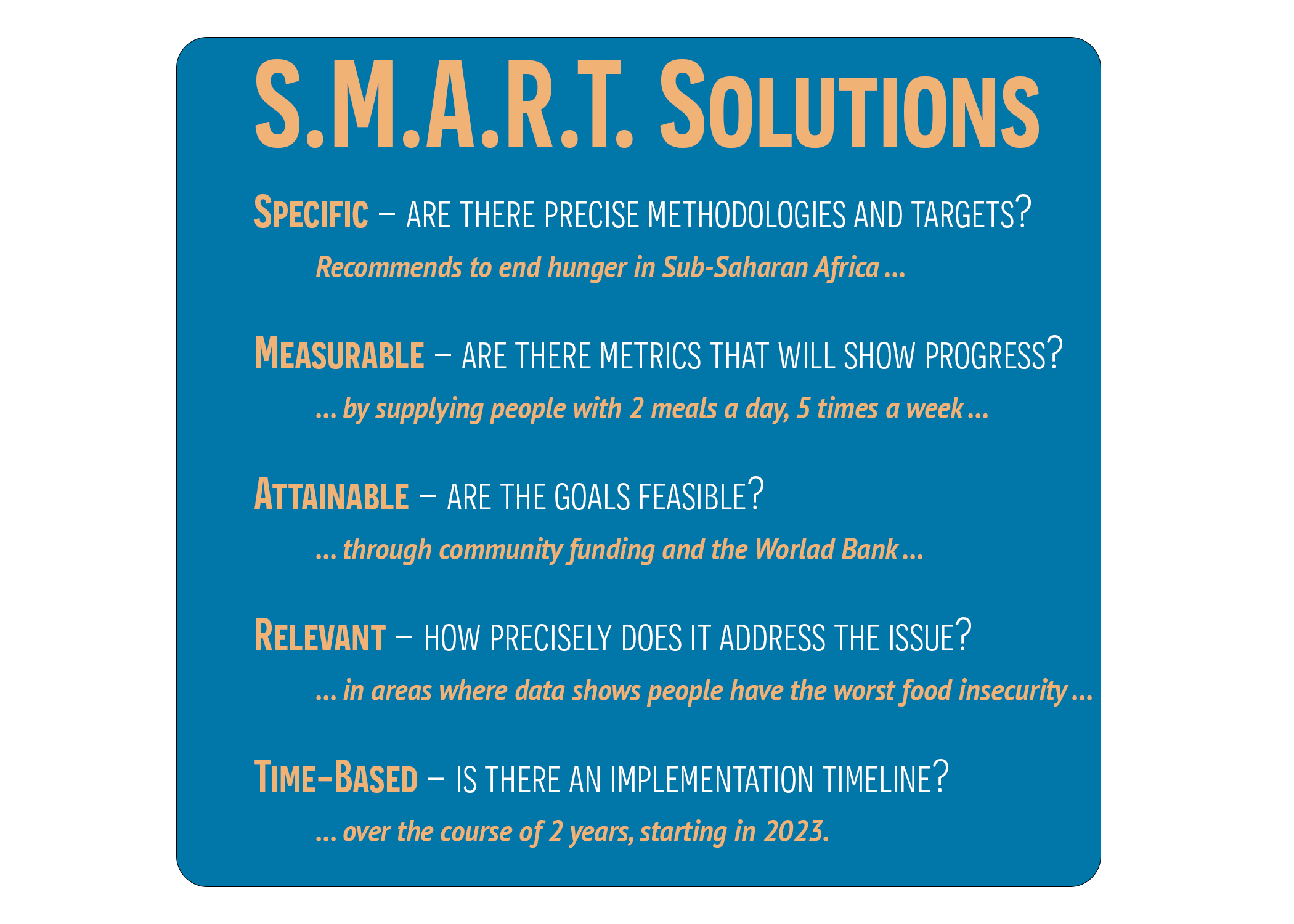Topic Research
Most committees in BMUN have two topics. It's important that you gain an understanding of the topics themselves before you begin to understand your country's specific position on the topic.
General Topic Research
Before you do anything else, you should read the topic synopsis thoroughly. We suggest highlighting or otherwise demarcating the key phrases and ideas within the topic. You should note that which you think is most important, but do not cite the topic synopsis. Think of the topic synopsis as a Wikipedia page: you should use it to get a general idea, but should look to the references to cite sources and build your argument.
You should be able to answer the following questions on each topic before you begin to research your country's position specifically. Having a broad idea of your topic will allow you to understand who to connect with in committee, which elements of the issue you already have a strong background on, and where you personally stand on the issue, which will allow you to acknowledge your possible biases in developing a position that is true to your country's position. You should know:
Who are the major actors on this issue?
This includes countries who have significant policy on the topic, NGO's whose focus is the topic, and IGO's that focus on the topic, especially those outside of your specific UN body. This list will give you an idea of which countries to work with in your committee and what external bodies you can leverage in your resolutions.
What resources are needed to alleviate this issue?
One of the essential parts of a good solution and a good understanding of a problem is to think about the needs that the issue creates. What is truly needed at the base of this issue? Is it food? Water? Clean air? Money? Being able to answer this simple question will help you in developing a deployment strategy for your solution.
What are current events surrounding this issue?
If you're not in a historical committee or a highly specific topic, you will be able to find many recent events and scholarly articles about the issue. These will help you understand why the issue is important right now and inform you of the most recent developments in the issue.
Past International Action
The next step in understanding your topic is understanding what has already been done on the issue. Again, the topic synopsis' "Past International Action" section will be a great resource for you in uncovering this information, but do not cite the topic synopsis directly.
Understanding past action is essential to not creating redundant resolutions or proposing something that has already failed. The two buttons in the top right of this section will bring you to two valuable databases: the UN Document System and the Interpol Resolution Database. These two are great jumping off points for learning what the UN and Interpol have done and can give you hints at your country's position based on their vote on a given resolution.
Potential Solutions
Potential Solutions research is guided by a combination of policy and creativity. In the end, you must make sure that you have solutions that are on policy, realistic, and well researched.
Depending on the scope of your topic, using case studies or past action on the topic can help you start to understand how to tackle the issue, especially if it is a historical committee or a persistent issue. This requires analyzing the efficacy of past solutions by looking at the following events and historical opinions. If the reuse of these solutions is not redundant, unfeasible, off policy, or inappropriate in some way then you can even incorporate these ideas in your potential solutions.
Solutions without historical precedent should be thoroughly researched and are often more distinct and novel than those with. For example, if you have a environmental committee attempting to reduce carbon emissions, there is a wide range of new research coming out about fuel efficient cars, solar energy, and nations that have successfully reduced carbon emissions. Finding these solutions involves looking at articles published with research from experts in the field along with political support and prospective application. Just be sure that your solutions are not overly technical so that you chairs and fellow delegates can openly discuss them.
It might be useful to follow the S.M.A.R.T. framework below when laying out your solutions so that they are more easily translated into effective operatives at conference. This will allow you to have something unique to contribute in committee which is feasible and appropriate for your bloc.
S.M.A.R.T. Operatives
While BMUN does not award explicit grades for resolutions, it's important for delegates to understand the criteria under which we evaluate resolutions in order to factor them properly into awards decisions. Aside from basic grammatical and formatting standards, we evaluate resolutions using the S.M.A.R.T. framework, which outlines five characteristics of well-designed resolutions.
To best understand what a S.M.A.R.T. operative looks like, let's follow one as it goes from being a basic operative to a S.M.A.R.T. operative. Here is our base operative:
Recommends people eat more nutritious food;
Specific
Resolutions should be simplistically written and clearly define what you are going to do. There is no such thing as too much detail!
Specific is the who, what, when, where, why, and how of the S.M.A.R.T. model. We should be able to clearly understand who is responsible for acting on recommendations by the committee, what actions are being taken, when the actions should be taken or their time horizons, where action is going to be taken, why the action is going to be taken (which should be highlighted in your preambulatory clauses), and how those means will be taken and funded.
Are you looking to an NGO to fix the problem? Which NGO? What are they gonna do? How long is the project going to take? In which region of the world?
You want to set up a sub-committee to deal with the issue? Which
countries/what kinds of representatives or experts make up the
panel? What part of the problem are they overseeing? What’s their
timeline? In which region of the world?
When we specify, our operative becomes:
Recommends people eat more nutritious food;
What type of food?
Recommends people eat more fruits and vegetables;
Which people?
Recommends that people with a malnourishment index
of <5 eat more fruits and vegetables;
Measurable
A resolutions' goals should be measurable so that you have tangible evidence that you have accomplished the goal. Usually, an entire operative clause is a measure for the resolution, but there are usually several short-term or smaller measurements built into the operative.
How will the progress of this solution be tracked? How do we know if it’s working? What metrics are accurate in determining if the solution is successful?
Including a measurement, our operative becomes:
Recommends that people with a malnourishment index
of <5 eat more fruits and vegetables;
What is the timeline for this?
Recommends that people with a malnourishment index
of <5 increase fruit and vegetable consumption by one cup per month;
The metric is counting the servings – is this accurate at assessing whether malnourishment is decreasing? Or do we need something better like random blood tests of people? These are things to consider when adding measurements to your operative.
Actionable
Actionable describes what will help make this solution happen. What resources are you going to use? Who is going to provide those resources? What responsibilities are you imposing on each region?
To make our operative actionable, we have to specify our operative:
Recommends that people with a malnourishment index of <5 increase fruit and vegetable consumption by one serving per month;
Where? How?
Recommends that people with a malnourishment index of <5 increase fruit and vegetable consumption by one serving per month, with guidelines per region as follows:
a. North America: strawberries and kale,
b. Central America: bananas,
c. Etc.
d. Etc.
e. Etc.;
Realistic
Operatives have to be realistically feasible. When writing an operative, consider the funding and scale of the project, the sociopolitical climate in the region the solution is to be implemented, and whether or not the UN would really do what you're proposing.
Often, delegates irresponsibly leverage NGO's and unrealistic GDP commitments to make their resolutions feasible. Think about what is realistically available to your delegation.
Time-bound
Operatives should be linked to a timeframe that creates a practical sense of urgency, or results in tension between the current reality and the vision of the goal. Without such tension, the goal is unlikely to produce a relevant outcome. Implementing too quickly can cause problems and implementing too slowly can drag out the problem or become expensive.
Adding time to our operative finally makes it:
Recommends that people with a malnourishment index of <5 increase fruit and vegetable consumption by one serving per month, with guidelines per region as follows:
a. North America: strawberries and kale,
b. Central America: bananas,
c. Etc.
d. Etc.
e. Etc.;
What is the overall time period?
Recommends that people with a malnourishment index of <5 increase fruit and vegetable consumption by one serving per month over the period of a year, with guidelines per region as follows:
a. North America: strawberries and kale,
b. Central America: bananas,
c. Etc.
d. Etc.
e. Etc.;
As you can see, our original operative,
Recommends people eat more nutritious food;
has transformed significantly. Below is another strong example of what a S.M.A.R.T. operative may look like. Creating robust operatives for your resolution will make it stand out to the chairs as one that has been considered from many angles and through many lenses. Intelligently crafted resolutions distinguish good delegates from great ones, and are often the result of solid research.

